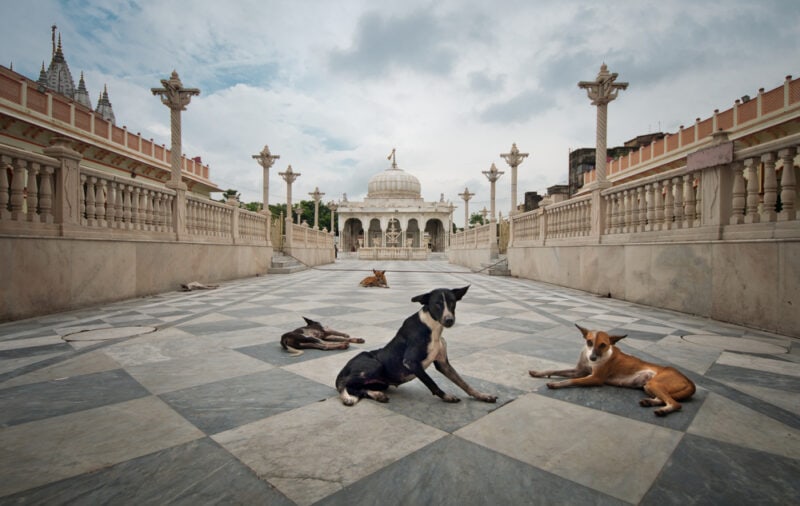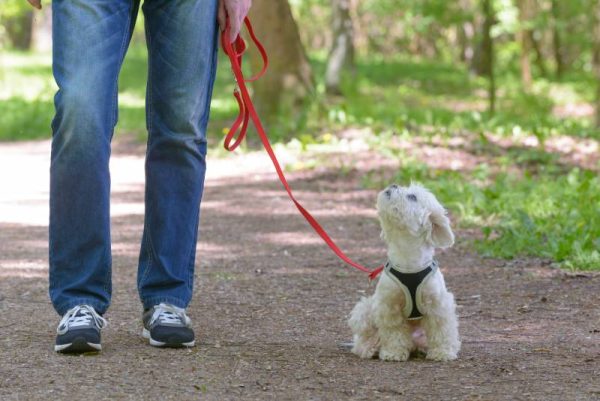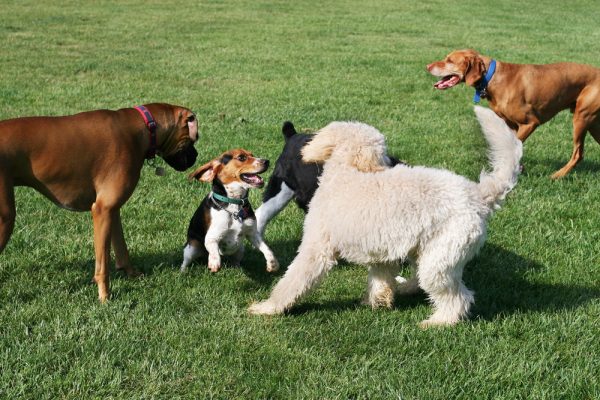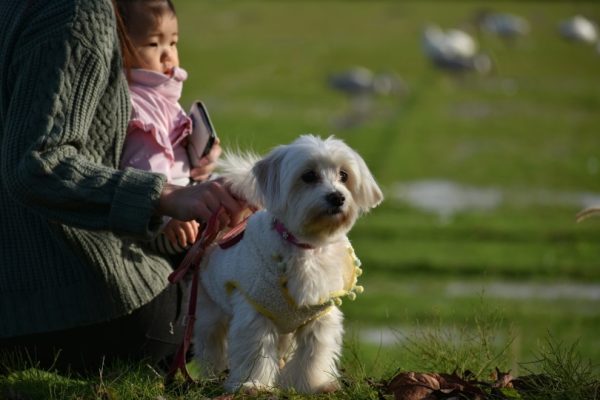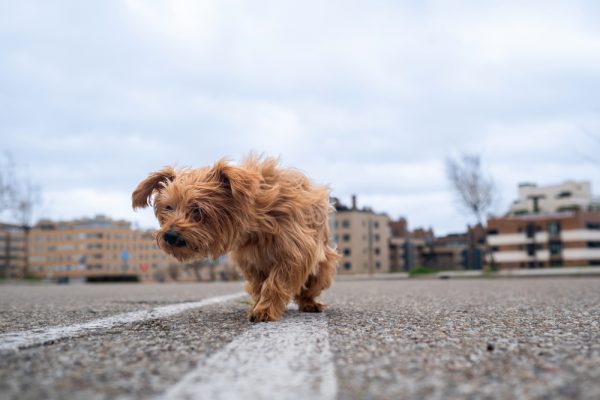India is home to a large population of canines, mostly owned by the country’s human population. However, there are also many strays in the country, so much so that India has a real stray dog problem.
To find out exactly why this is happening and what is being done about it, let’s take a deeper look at the problem.

Understanding India’s Population Problem
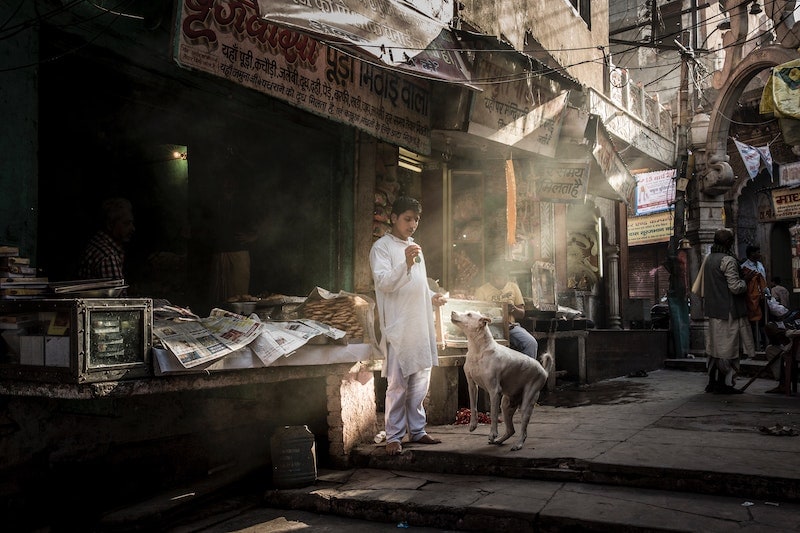
India’s population is over 1.4 billion.1 That’s a lot of people living on a relatively small piece of land. Crowded conditions and economic inequality are just two reasons that there are so many stray dogs in India today.
At present, there are more than 30 million pet dogs in the country. By 2026, that number is expected to skyrocket to over 40 million.2 Contrast that with India’s stray dog population—one estimate is 70 million—and it’s easy to see why it is a growing problem for the country.3 So, why is this happening in the first place?
India’s incredible population of both people and dogs is one factor. But the problem is much deeper than that.
Poor Animal Healthcare and Control
India doesn’t have high-quality systems in place when it comes to animal healthcare and control. As a result, many people don’t take the proper steps to keep their pets healthy or control strays.
The vast majority of dogs aren’t properly vaccinated, animal waste isn’t maintained as it should be, and many dogs are abandoned to live on the streets. But this creates another problem.
India has laws in place that make it illegal to remove a dog from the streets. Moreover, those same dogs cannot be driven away. So, once a dog is on the streets, they have a “right” to stay there unless adopted.
The only thing that can happen is for the dog to be sterilized and vaccinated. After that, they’re returned to the streets. While India’s law helps protect innocent dogs, it also creates the perfect environment for the stray dog problem to grow and flourish.
What Is the Punishment for Beating Stray Dogs in India?

If someone is caught mistreating a dog—or any animal, for that matter—in India, that person faces a fine and up to 5 years in prison. So, there are hefty punishments if someone is indeed caught abusing an animal.
However, this doesn’t seem to be a deterrent for many people. Dog owners who abandon their pets or let them roam freely are largely left unpunished.
Tips to Ensure You’re Properly Caring for Your Dog
If you’re a dog owner, you should do everything that you can to make sure your pet is well cared for. If you decide that you no longer want to have a dog, there are better options than abandoning your pet.
For example, consider taking your dog to your local shelter or posting an ad online to have them adopted. You could also consider surrendering your dog to a vet or pet hospital. Just be sure you do everything in your power to keep your pet safe and happy, even if you’re no longer able to care for them.

Conclusion
While the stray dog problem in India seems here to stay, it doesn’t mean nothing can be done about it. By understanding what’s causing the problem and taking steps to prevent it, India can hopefully find a way to reduce—and eventually, eliminate—the stray dog population in the country.
See Also:
Featured Image Credit: Miguel Cabezón, Shutterstock
